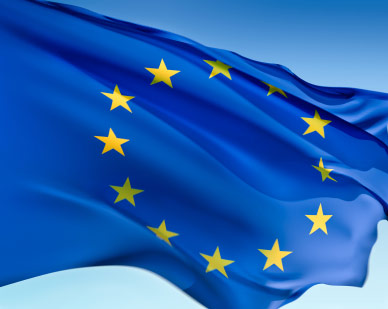 As a number of EU countries drive through ever severe austerity measures the pressure is growing for governments to adopt alternatives. One such alternative is social dialogue.
As a number of EU countries drive through ever severe austerity measures the pressure is growing for governments to adopt alternatives. One such alternative is social dialogue.
Social dialogue is one of the cornerstones of social Europe and involves employers, workers and their unions and, in tripartite structures, also public authorities in discussions and negotiations which shape social policy and industrial relations.
A new study by David Tarren, Rachel Guyet, and Claude Emmanuel Triomphe seeks to establish how far EU Member States have been willing or able to use social dialogue as a tool to mitigate the effects of the financial downturn in the wake of the global economic crisis which began in autumn 2008.
The study examines where social dialogue has been used, how effective it was and also identifies the factors that could make it more or less likely that the social partners would be involved in efforts to respond to the crisis.
This study maps, examines and assesses the various responses of social dialogue to the global economic crisis throughout the EU and provides an analysis of the role that social dialogue has played to cushion the impact, and overcome the negative effects, of the crisis; the outcomes of social dialogue in terms of the measures negotiated, and agreed by employers and unions, at the various levels of the European industrial relations system; and the effectiveness and sustainability of the outcomes of social dialogue in response to the crisis.
Well worth reading!
You can download the study here.
